Believe it or not, Koniec Świata (The End Of The World) is just the start of a very long list. Places like Potworów (Monsterville) and Biały Kał (White Poo) sound like they were made up by a 5-year-old. Whilst others, like Nieznanowice (Unknown), obviously had no effort put into it at all! And then there's Mikołajki (Little Santas) which points to an even greater conspiracy! In this list, we're looking at 10 of the weirdest place names in Poland, from major cities to the tiniest backwaters in the Rzeczpospolita Polska.
Częstochowa (Often Hidden)
The city is located in the mountainous region of Silesia in the south-west of Poland. In medieval times, when approaching from the old capital of Kraków, travellers would be constantly ascending and descending the hills to the south of the city, and thus Częstochowa would frequently come in sight at a peak and dissapear again in the valley. Historians, however, believe that Częstochowa actually means Częstoch's place. (Częstoch apparently being a personal name in medieval times) In other documents of the time, the individual known as Częstoch is also as Częstobor and Częstomir. We, however, prefer the first meaning.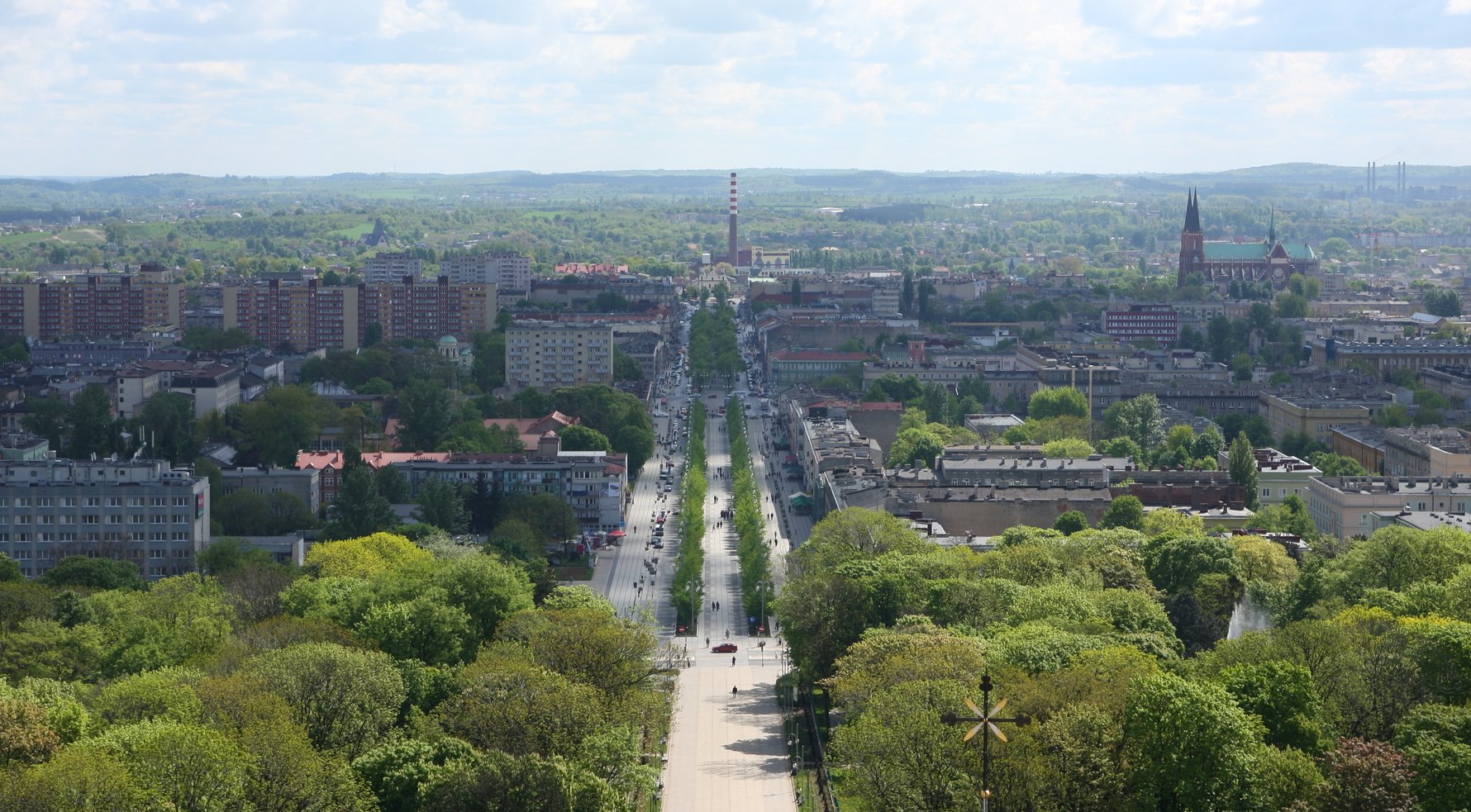
Ostatni Grosz (Last Penny)
According to legend, the guy who settled the land here had gambled away all his money quite literally down to his last penny. With that last coin in his pocket, he purchased the land on which the village of Ostatni Grosz now resides...for one penny! Inflation has really driven up land prices in Poland.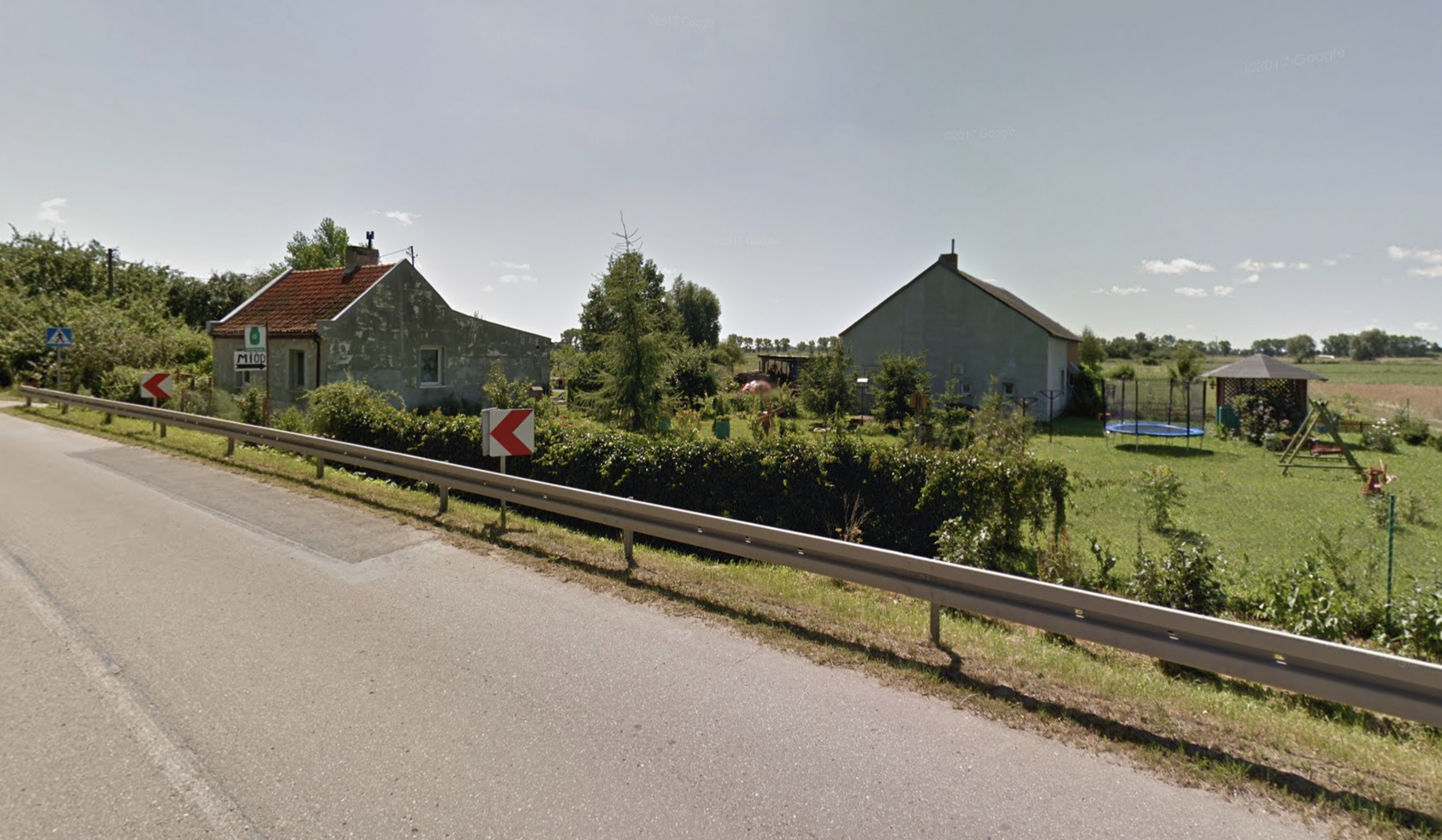
Kołobrzeg (Around The Coast)
This one seems logical enough, as the city is located on the Baltic coast and is a popular summer holiday spot for Poles, Germans and Danes. However it's the German version of the name that we like to giggle at. After centuries of German influence, Kołobrzeg slowly evolved into the German equivalent - Kolberg. In this form, the German to English translation could be read as 'Cabbage Mountain'... that is if Kol was bastardised as Kohl (Cabbage).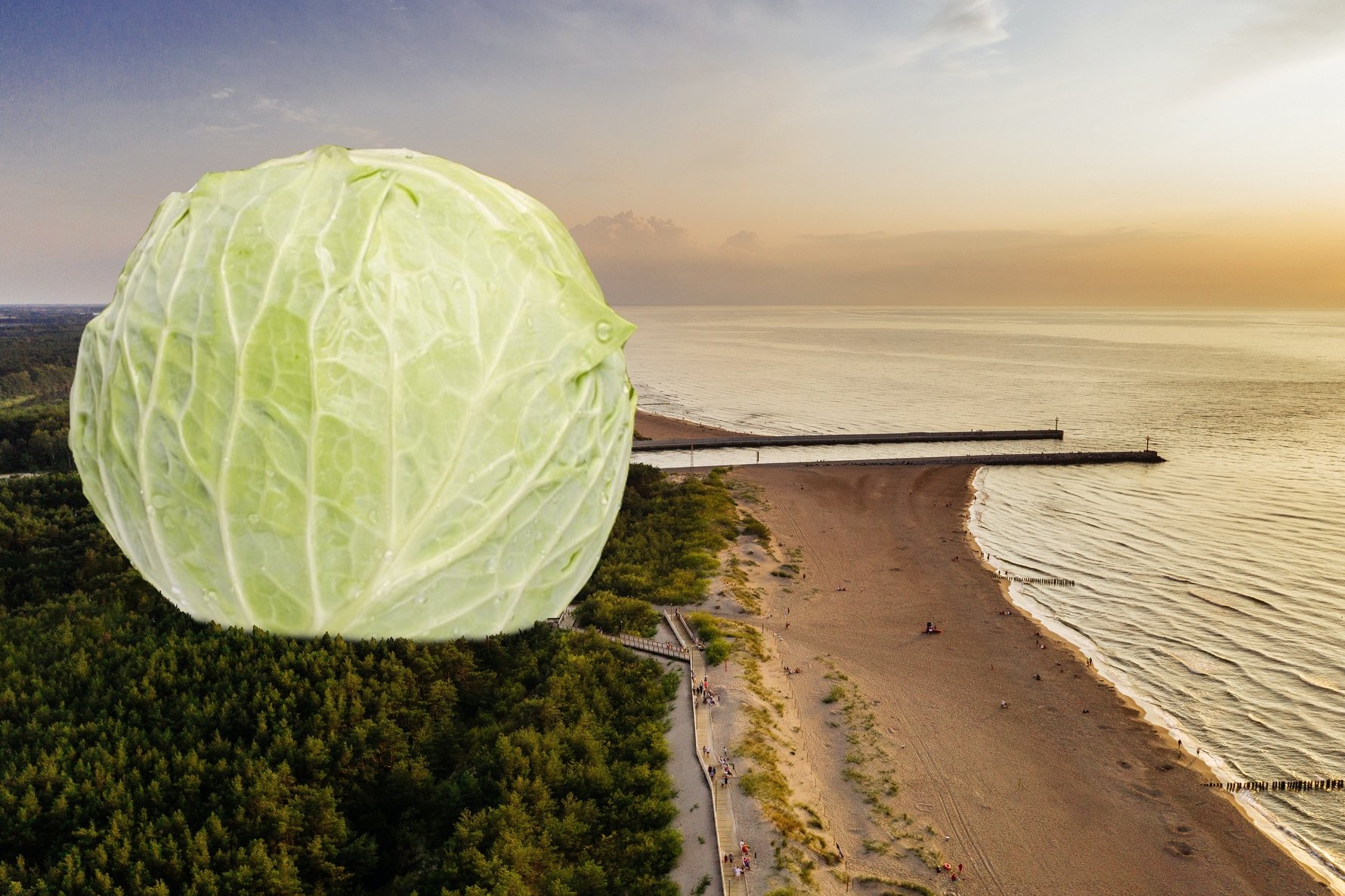
Zakopane (Buried)
If you came to Poland to ski, this is where you'll be headed. Zakopane is the major centre in the Tatra Mountain Range. There's no indication to what exactly has been buried here.... but considering all the ski slopes and the high amount of snowfall annually, it makes you wonder if this place has ever been prone to avalanches?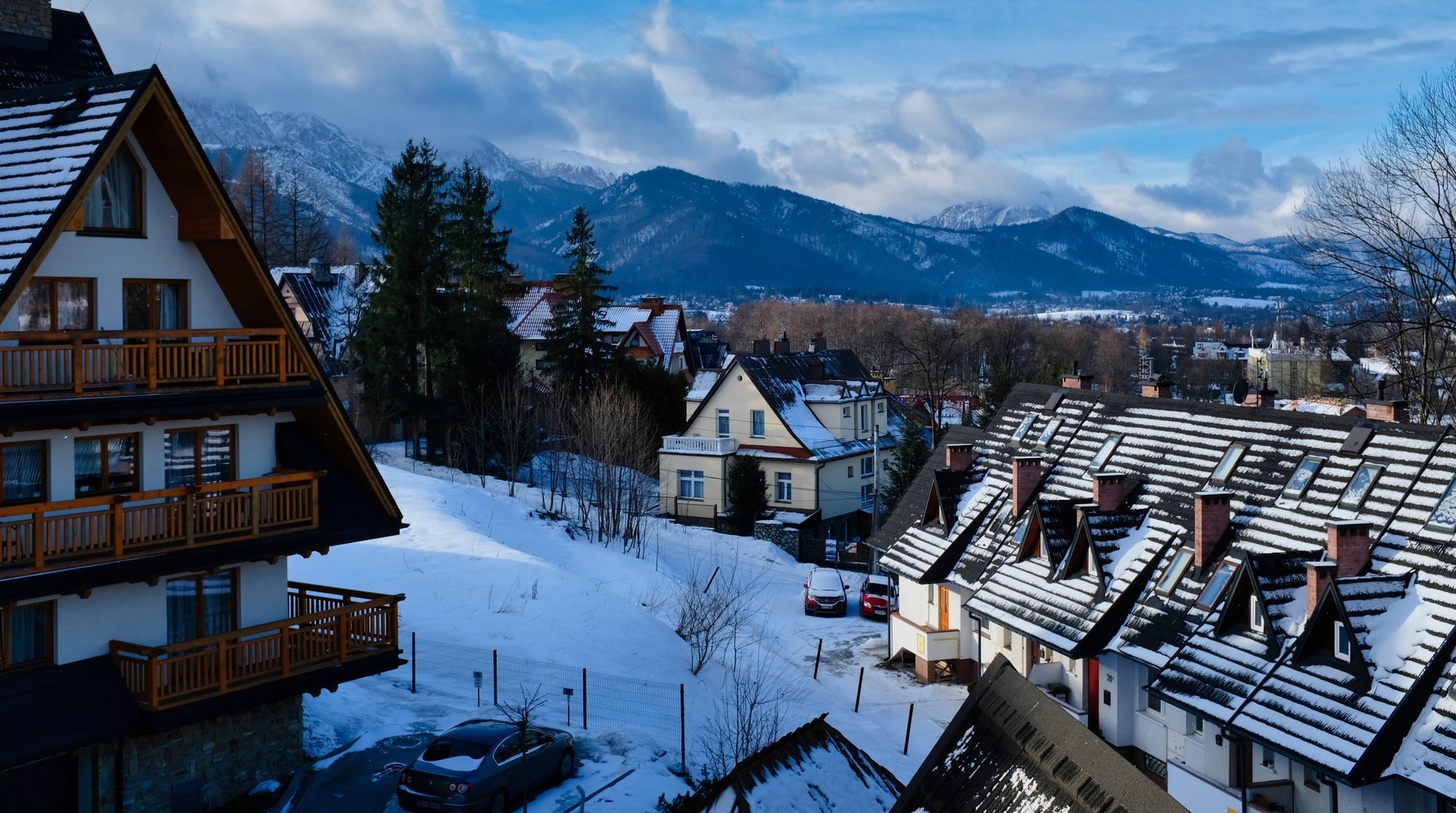
Wrzeszcz (Shout!)
A suburb of the Baltic City of Gdańsk, Wrzeszcz has become popular for it's cafes and vegan restaurants. However 'Shout!' is not some ironic hipster statement. The etymology of Wrzeszcz comes from the old name of the area – Wrzost, which derives from Wrzos, which in Polish and Kashubian translates as 'heather'. So, at some point in the ages past, the area of Wrzeszcz used to be a forest and field area populated with heather, not hipsters...
Piełko (Hell)
Did you know that there are at least 7 different localities in Poland called 'Hell', which is ironic for such devoutly Catholic nation. The reason behind these namesakes are hard to determine. One of these towns located on a bend of the Vistula river, has apparently been prone to flooding for many centuries, resulting in a huge loss of life not to mention the destruction of property and farmland. The name may or may not have been influenced by this, or perhaps these are just genuinely really shitty places to live!On the subject of Hell, it's also worth mentioning that there is actually a place called Hel, a beachside town on the distinct Baltic peninsula of the same name. In Old Polish, Hel / Hyl this apparently means 'empty', however, in modern Polish, Hel translates into English as 'helium'. To further drive the point home, there is only one bus route that exists on the peninsula... and it's number is 666.
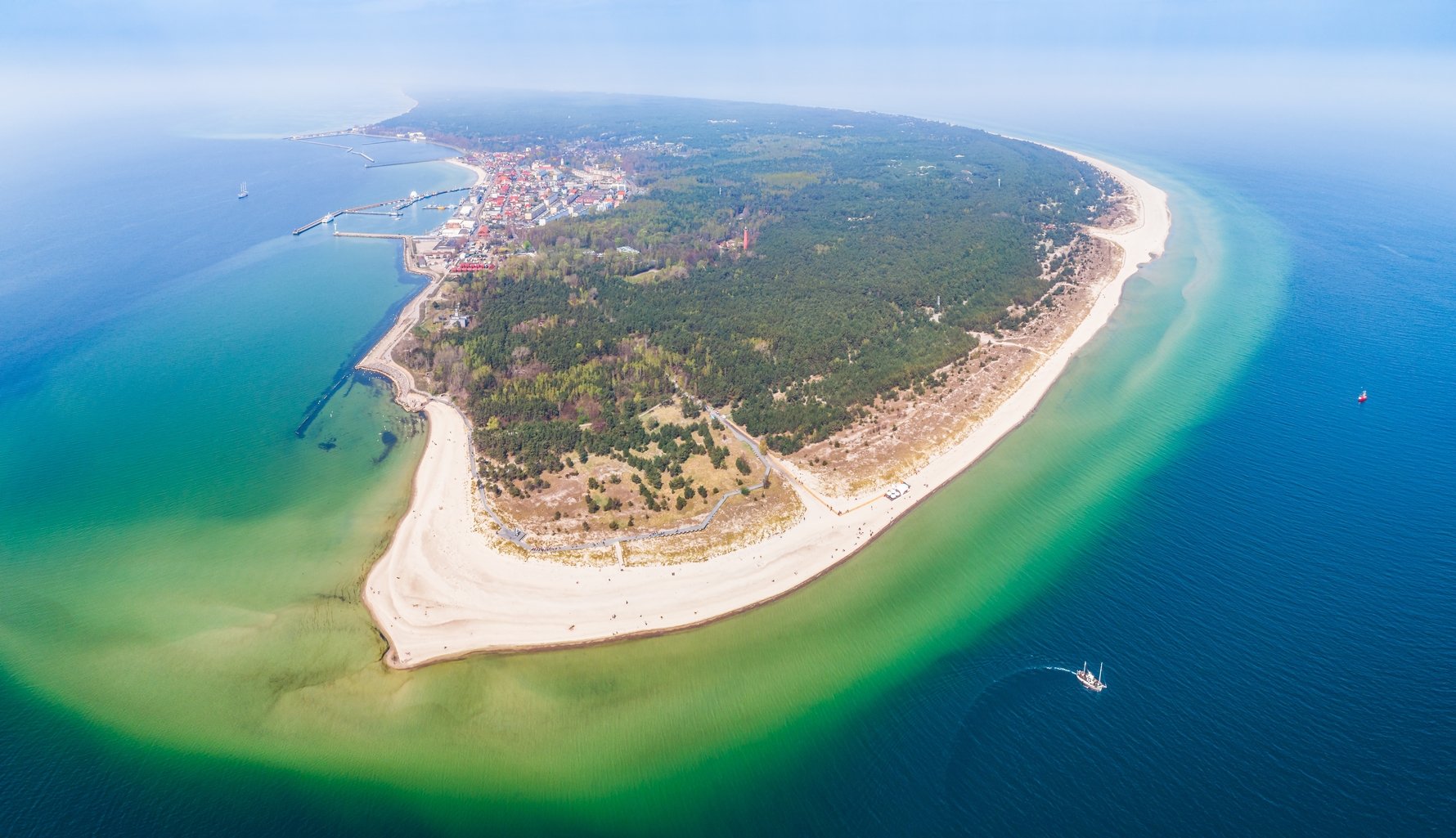
Łódź (Boat)
There is certainly no confusion about the meaning of the word, especially since the city's coat-of-arms is very much just that - a boat! The irony, of course, is that the Łódź is at least 250km inland from the nearest major body of water. So why the name? The truth is: no one really knows. Some of the smaller rivers that run through the city do apparently connect to the Vistula-Oder system, part of the biggest waterway in Poland. However, there are no historic records of Łódź being a major riverbound trading hub. Unfortunately this one will have to be left to the imagination.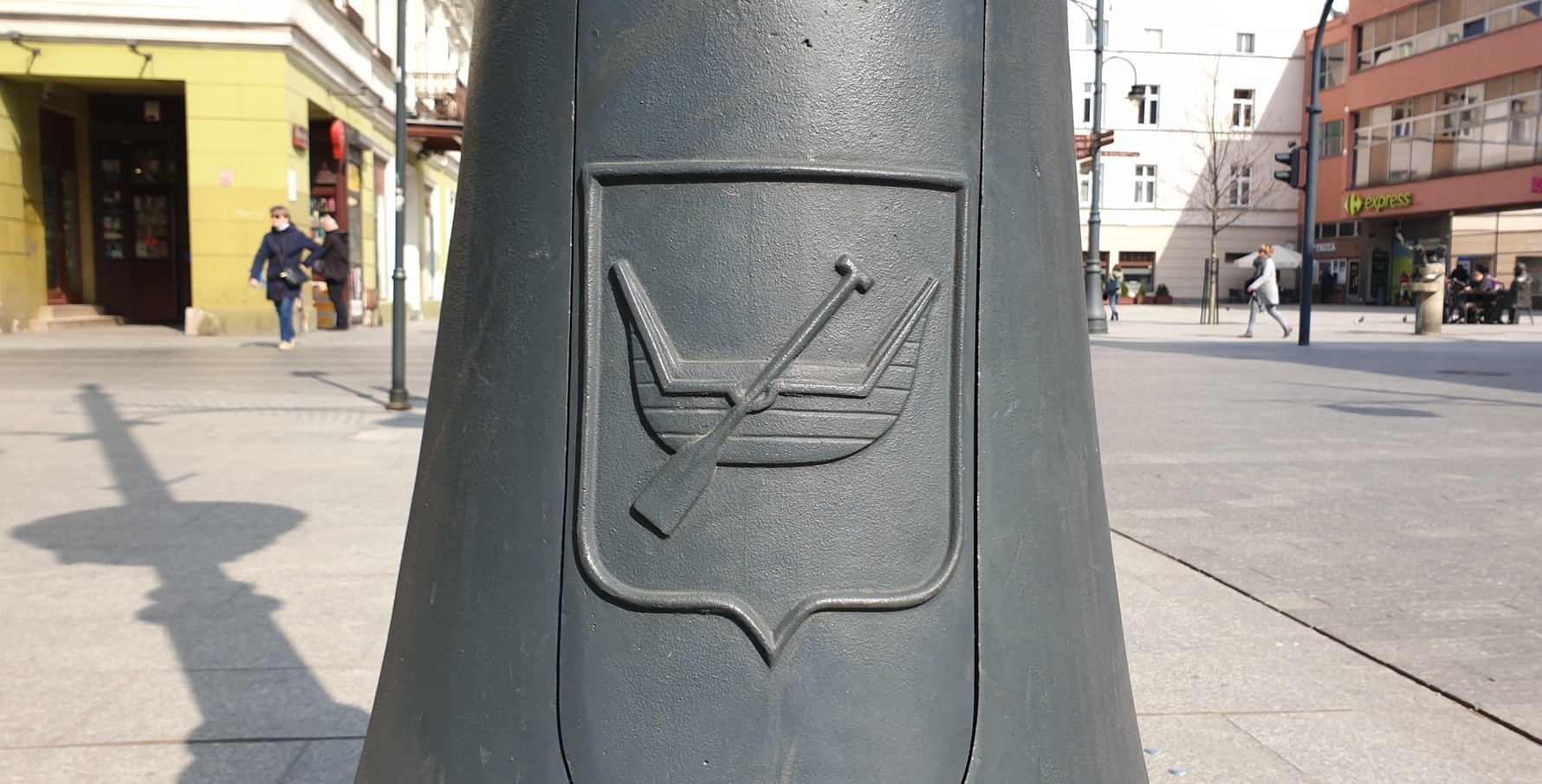
Cyców (Titsville)
While most of you are having a giggle at this rather infantile name, the truth is that conservative little town in the south-east of Poland almost certainly has no adult entertainment infrastructure to speak of. The name most likely refers to a percale factory that existed here in many centuries ago. The old polish word for Percale is cyc, from the Dutch word 'sits'. Nowadays however, 'cyc' is slang for a woman's breasts, a very different meaning indeed.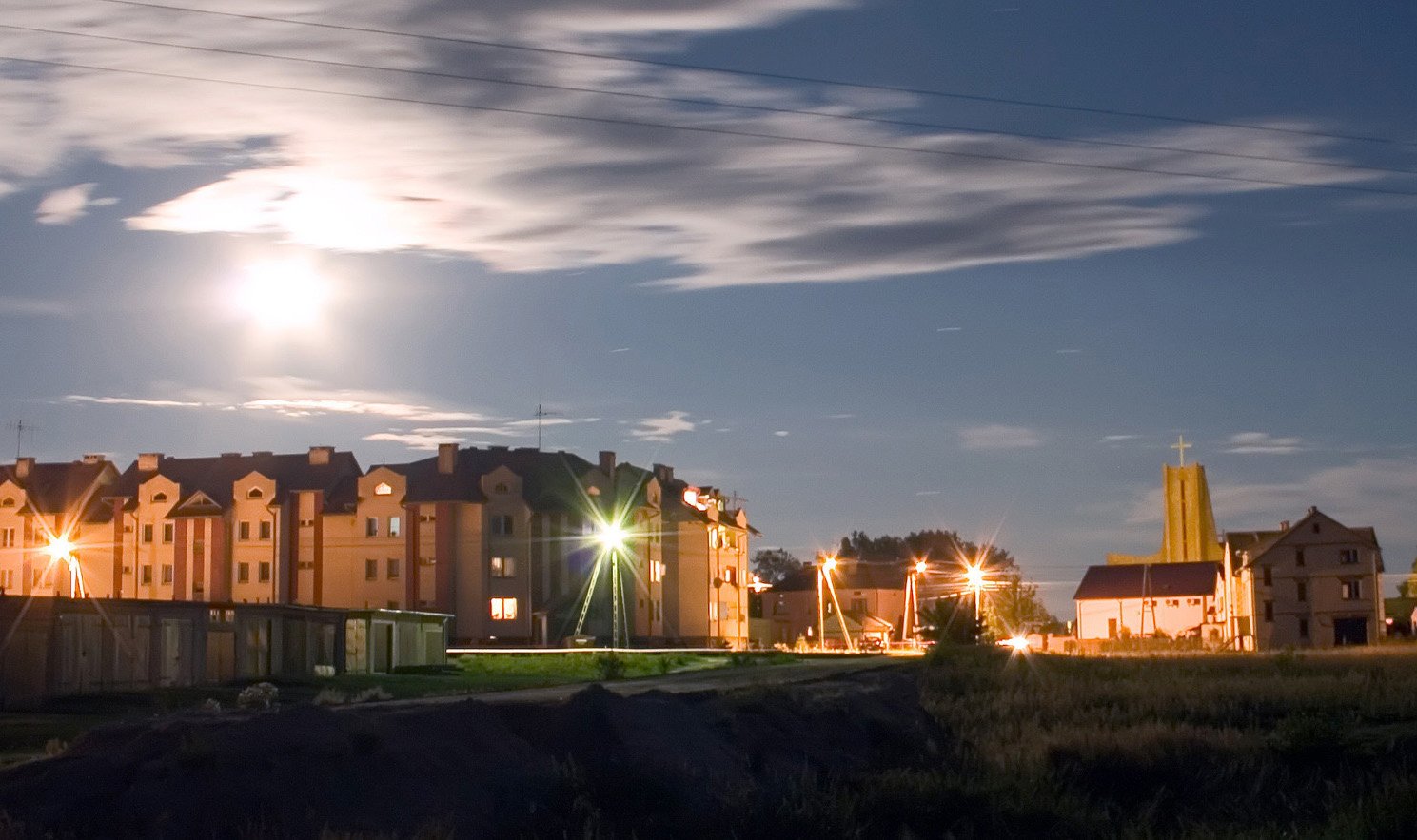
Przemyśl (Think About It!)
The city of Przemyśl has a long and rich history thanks to it's unique geographic location. This gap Subcarpathian mountain range, known as the Przemyśl Gate, has led to the natural evolution as a trading route and it's fertile soil has only added to it strength as a trading hub! Unfortunately no one has anything concrete about the etymology of the city's name. If any linguists out there have any suggestions, leave a comment below and we promise we'll think about it...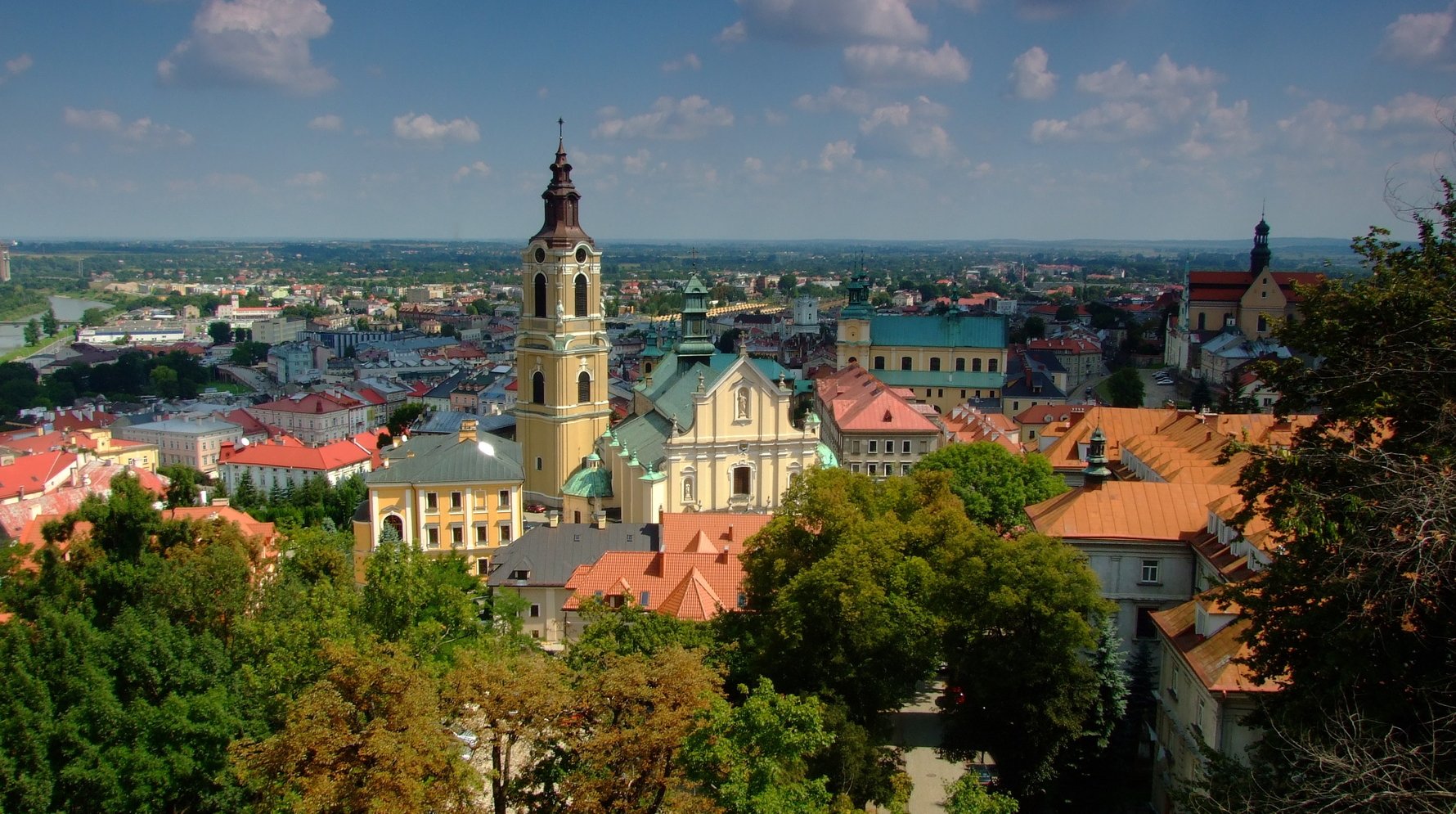
Złe Mięso (Bad Meat)
This small village in Northern Poland takes the award for both the weirdest and most sinister name on our list. The name has existed on record since the late 15th century as its German equivalent: Bösem Fleisch. According to legend, a number of travellers had gone missing in the area and, after several years of investigation it was discovered that all these individuals were guests of the village inn. It was further revealed that the innkeeper had not only murdered these guests - but also fed their flesh to other customers. The proprietor was subsequently hanged and the inn demolished to the ground.Despite this alleged and rather sinister history, the village of Złe Mięso has decided to keep it's bizarre name. How very Polish!
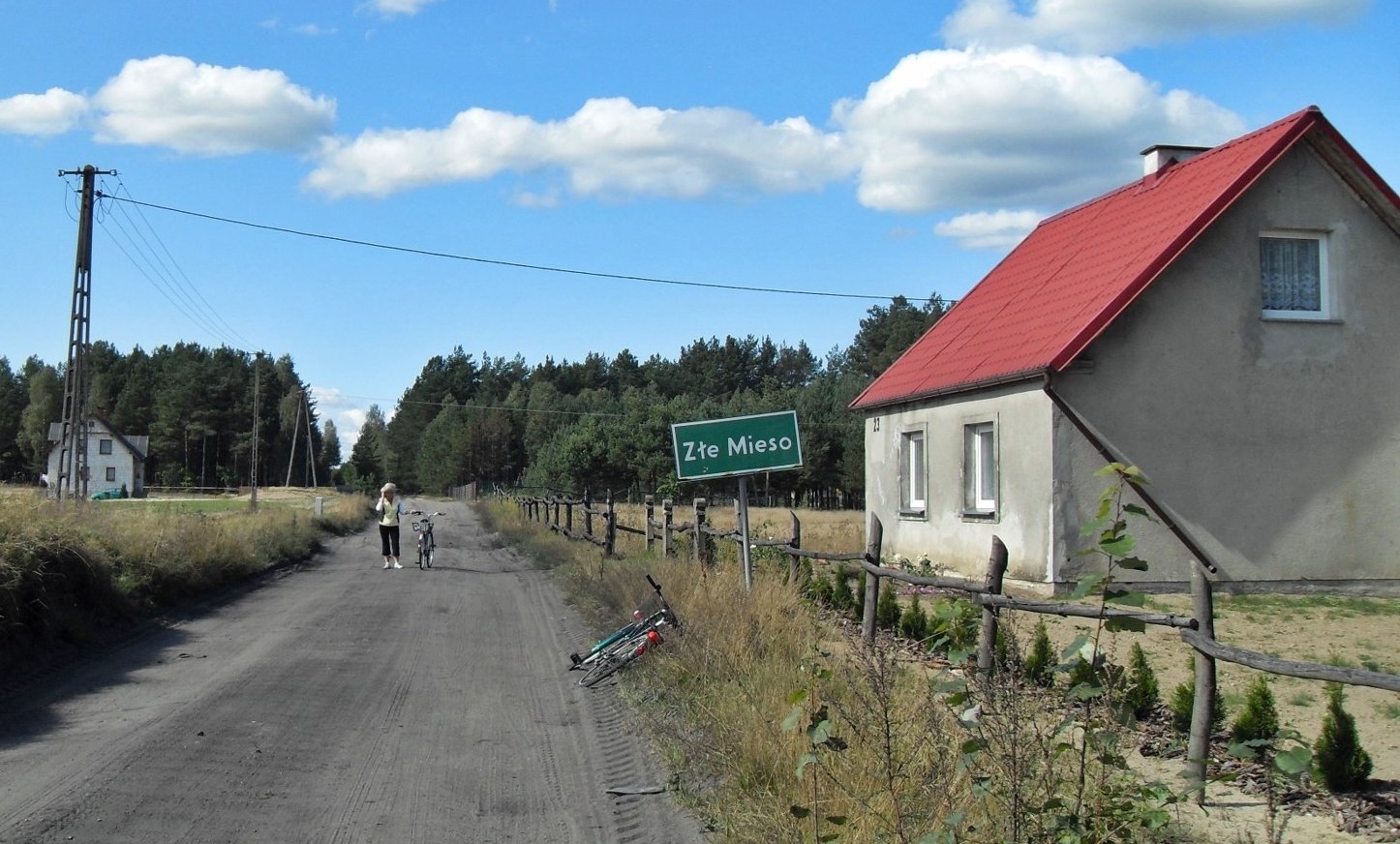
Honourable Mentions
Ustka (Lips)Chełm (Helmet)
Grabarze (Gravediggers)
Sucha Psina (Dry Doggy)
And Stare Zasady (Old Rules) which, coincidentally, is next door to Nowe Zasady (new rules)
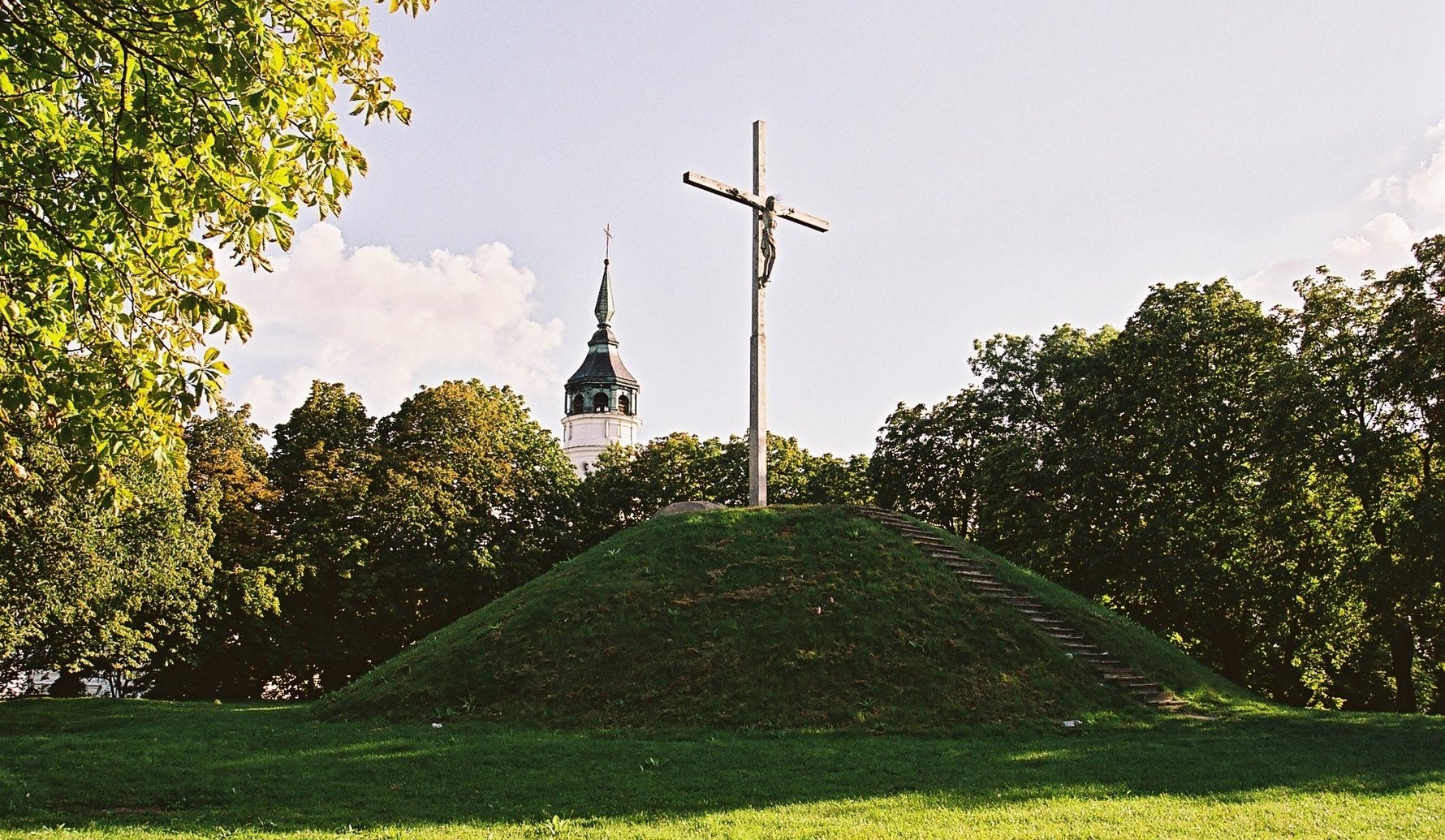
Historians believe this is in reference to the Wysoka Górka hill fort (pictured above). Photo by Jacek Karczmarz.



Comments